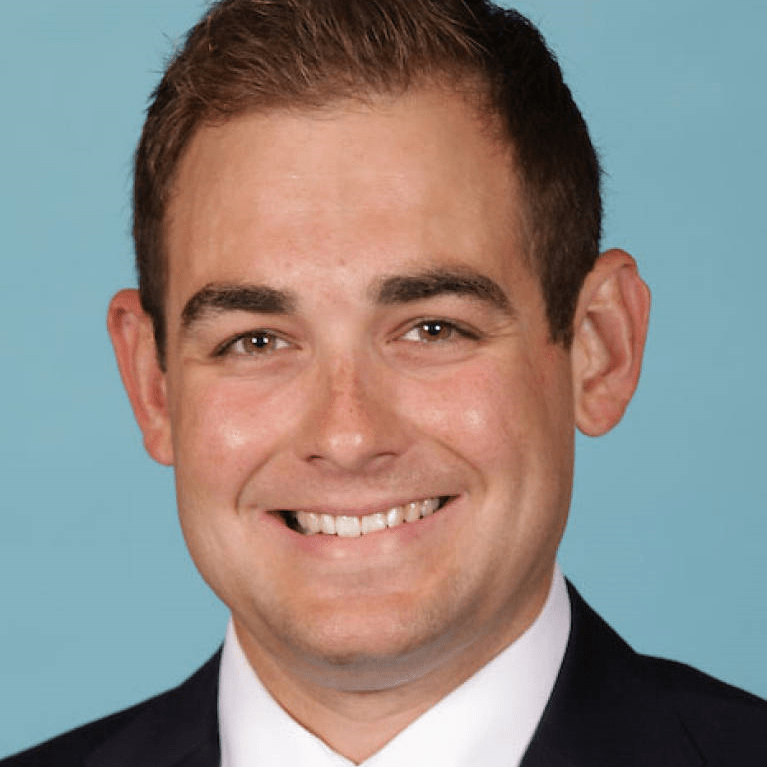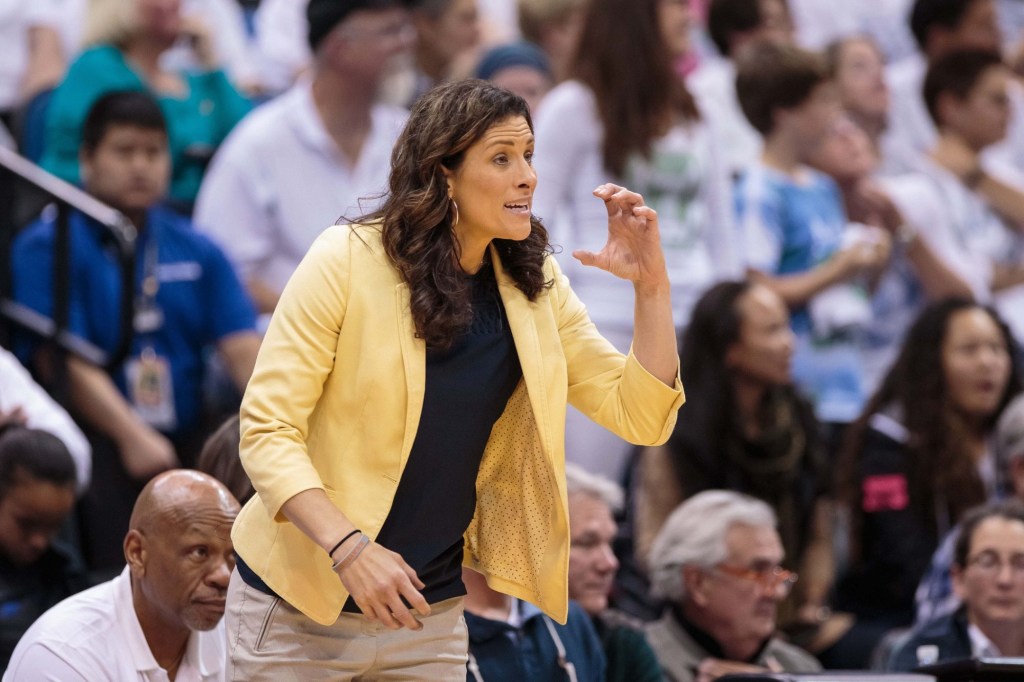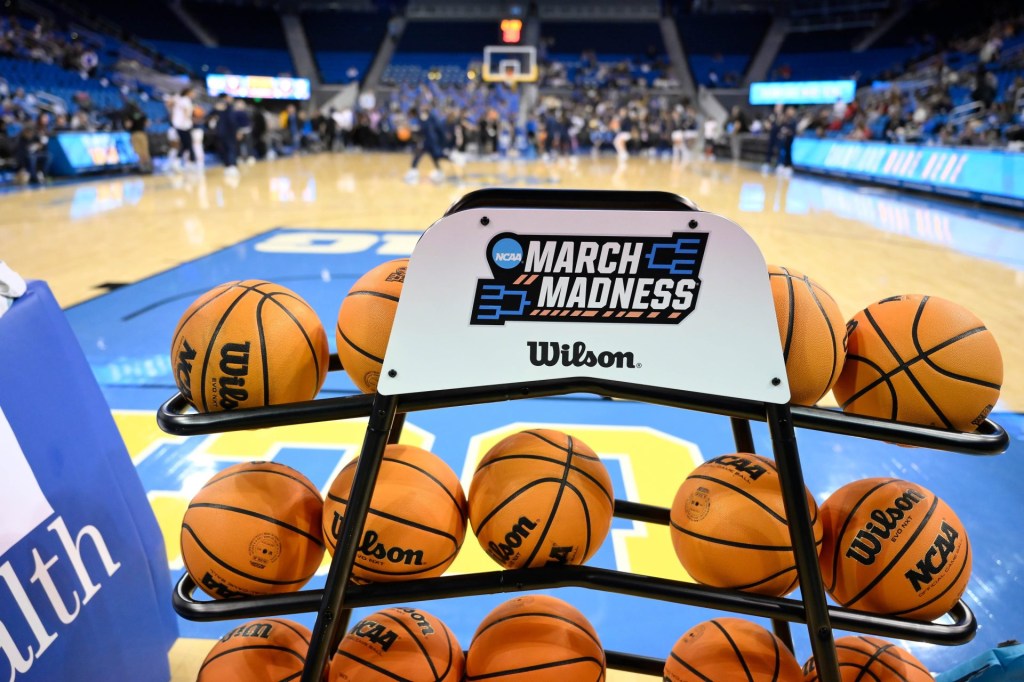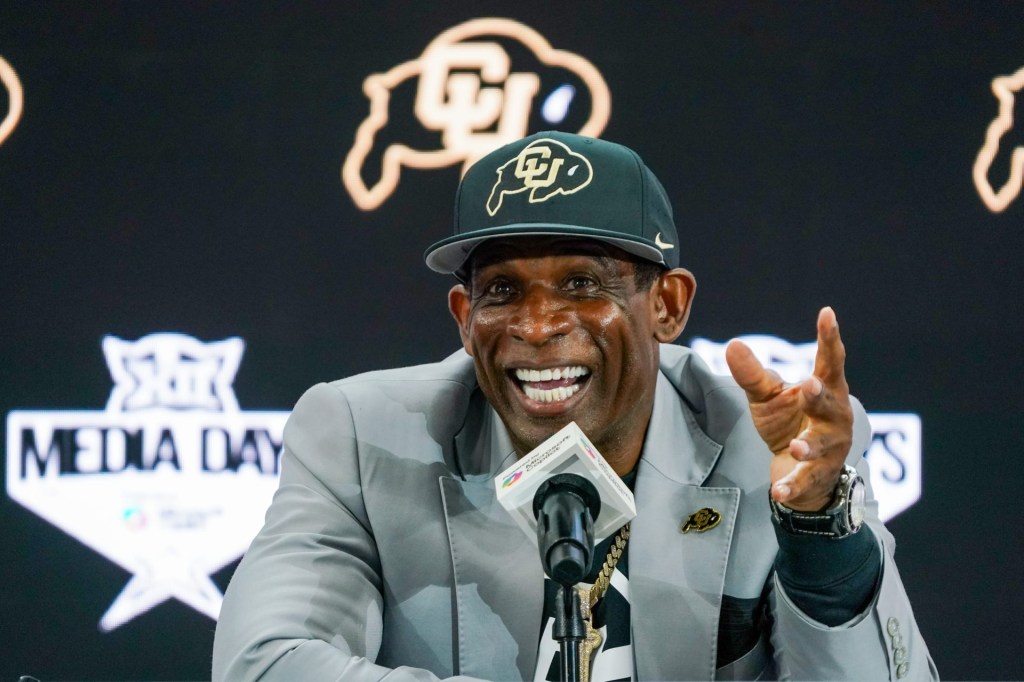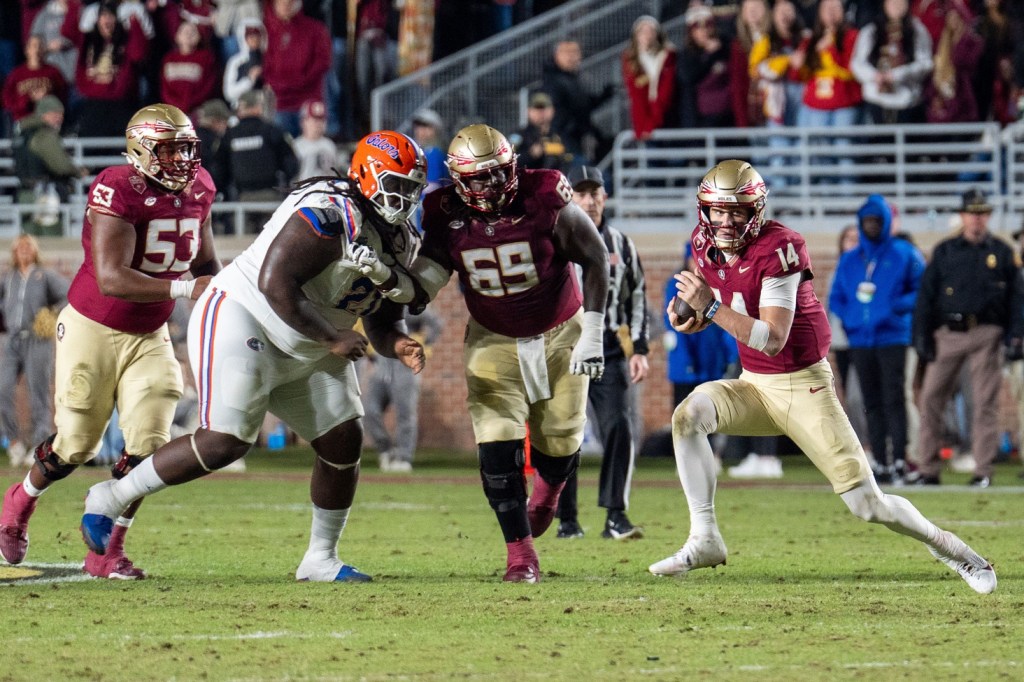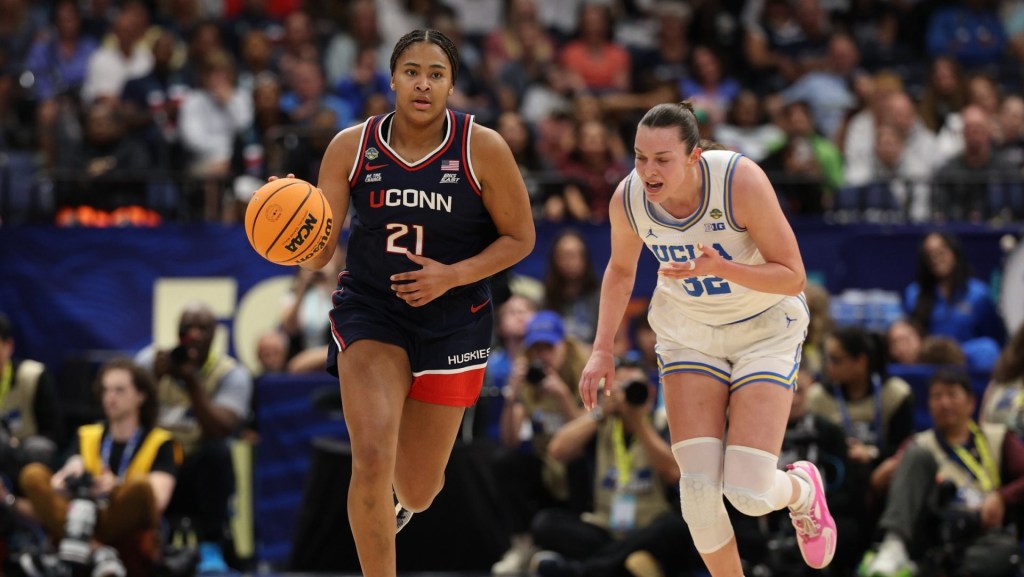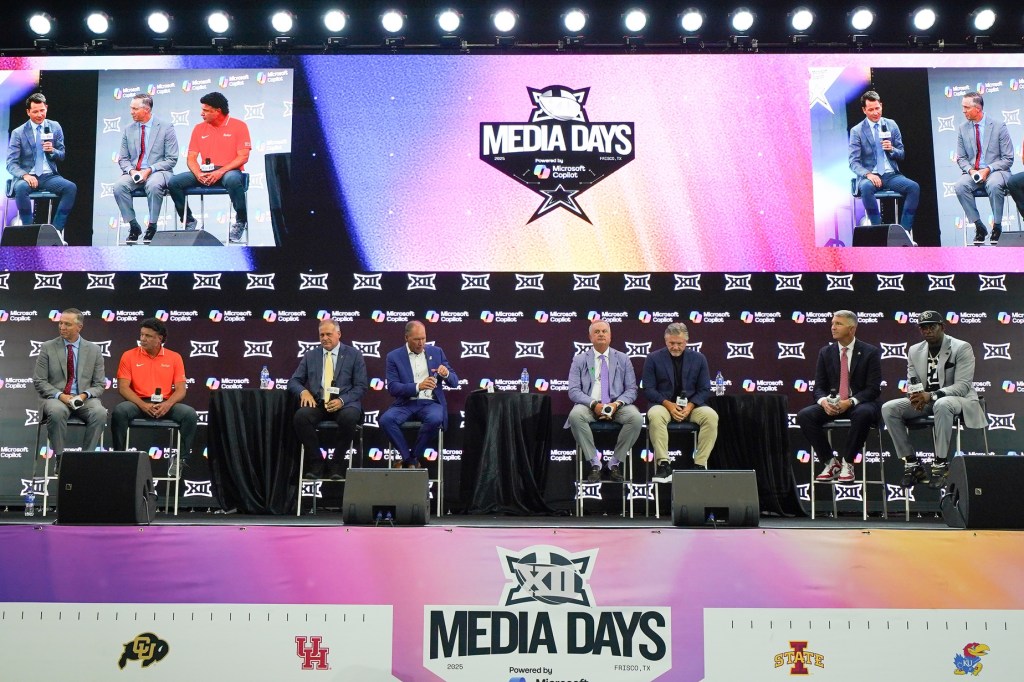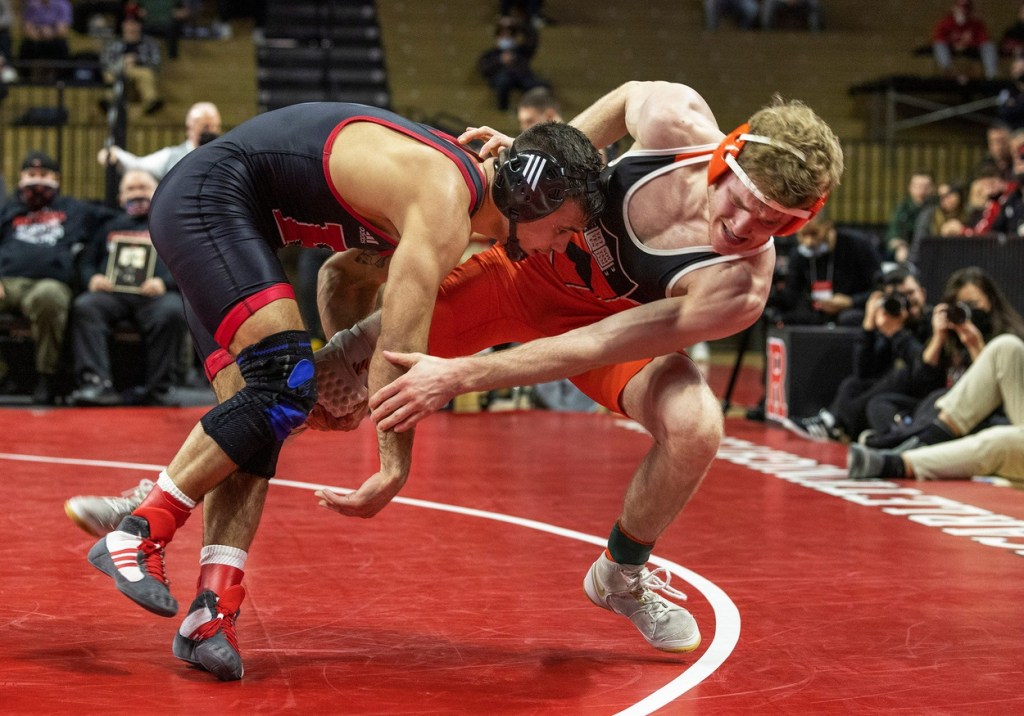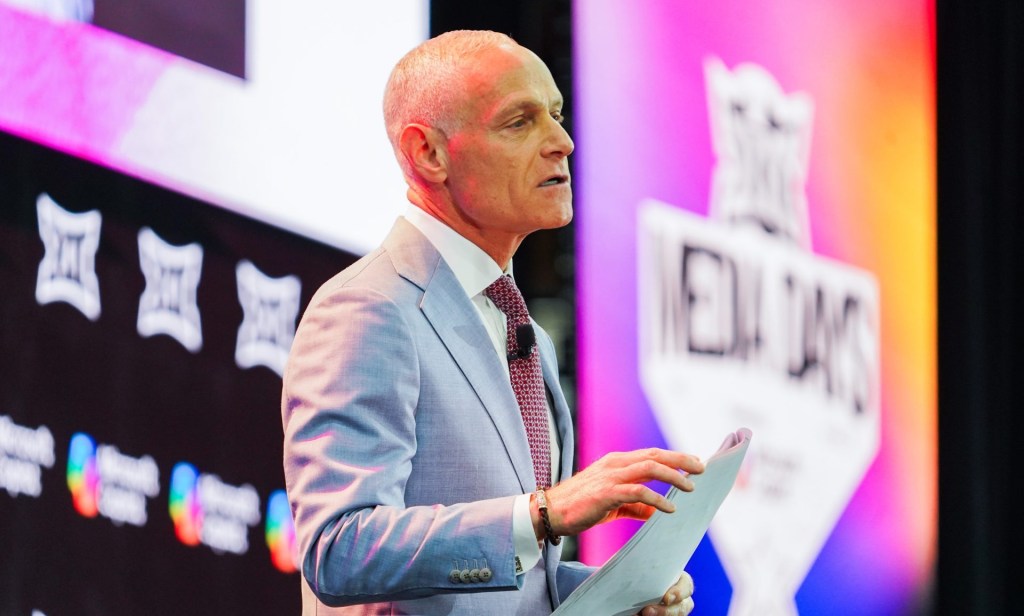By: Austin Weaver, @AustinTWeaver

Front Office Sports is excited to share an inside look at the career of Jake Silverman, Assistant Athletic Director for Football Operations at the University of Pennsylvania, who won their 17th Ivy League Football Championship in 2015.
The Career
“My senior year at Syracuse, while I worked as an intern with the football program, I made it a goal to reach out to every division 1 football program, FBS and FCS, and every NFL team. Every week I picked a different conference and wrote to every team within that conference.”
A Philadelphia native, Silverman was eventually offered an interview with the University of Pennsylvania. “Luckily enough, being from Philly, Penn was one of the programs I stayed in touch with. At the end of the spring semester right before I graduated, I was offered the chance to interview, and was offered the role of Assistant Director of Football Operations.”
“When I began at Penn, it was really a 10-month internship. It took great support from my family to make this position work financially, but I never looked back. I knew if I could prove myself in this role, I could make a career for myself in football.”
“I went in that fall and worked to make myself indispensable. I wanted every coach on staff and everyone on campus to say, ‘We have to keep Jake Silverman.’”
Less than a year after graduating from Syracuse and joining the Penn football program, the Director of Football Operations position became open. “Ultimately as it worked out the following spring, our DFO took a new job, and I wanted to make it very easy for Coach [Al] Bagnoli to move me into that position.”
At only 22 years old, Jake was named the Director of Football Operations at Penn. “I never would have guessed I would have earned that role this early in my career. It was humbling and exciting to know that my work had paid off to that point.”
Building meaningful relationships, both within the athletic department, and across the university community established a solid foundation for the future success of both Silverman and the Penn football program. “The first cycle after being named DFO was challenging. You have to learn who you go to for certain things around campus, and I wanted to build positive relationships with all of those individuals. It is important to me that everyone on campus views the football program in a positive light.”
After 7 seasons as the Director of Football Operations, Silverman was named Assistant Athletic Director for Football Operations in March of 2015. “My role has evolved every year, but the easiest way to explain my role in football operations is that everything that is not coaching runs through me, and I enjoy all of the wonderful relationships and connections I have built across campus and the Penn community. I take pride in that our coaches can focus on our student athletes and coaching, and rely on me to handle the rest. Whether it be planning our travel, managing our budget, or communicating with our alumni; the relationships I have built have become a strength for the program.”
“I have been lucky to experience great success at Penn with both Coach Bagnoli and now Coach [Ray] Priore. Coach Priore and I are very close, he leans on me to guide the program, and I appreciate his trust and confidence in me. He jokes that I know all of the secret passwords and hold all the keys. We are in constant communication about every aspect of the program. He called me on Christmas Day, which fulfilled what my wife jokingly refers to as our ‘daily quota of words.’”
“My goal is to improve my role each year and grow professionally, while serving our student-athletes and staff to build a successful program that can thrive on and off the field.”
On the challenges/difference of working in the Ivy League
“It is a unique model and it starts with how we recruit. The Ivy League does not award athletic scholarships. All financial aid given to students is need-based. It is less about being an impact linebacker, and more about where the student is academically and socioeconomically. That changes the ballgame for a lot of people. When you aren’t getting a scholarship to come play football, you really have to want to invest in your education. We emphasize that playing football at Penn is not a 4 year investment, but rather a lifetime investment. When it comes down to it, the combination of being an Ivy League student-athlete and the value of a degree from Penn sets individuals up for a lifetime of success.”
“We have high-performing kids. We don’t have to motivate our kids to go to class like other schools might. The guys we have are going to go to class because that is their first priority. That changes the culture of the team and the things that we need to put a focus on. We also want to create an environment where we help our athletes balance both their school work with the things we need to get done to compete for an Ivy League Championship.”
The Advice
Looking back on what led to early success in football operations, when asked what he would tell students looking for their big break, Silverman said, “Find a way to get in with a program and make yourself indispensable. Whether that is being the expert on Photoshop, or being the guy that can fix any technical issues, find your niche and make it something people know you for.”
Penn typically hires a couple interns to work with the football program every semester. When hiring for these positions, it isn’t all about what is on the resume. “With our interns, many won’t have any experience, so I want to hire someone with a great attitude and work ethic. When I meet someone for the first time, I want to be impressed that they get it (the work) and want to have a relentless personality to pursue their goals. There are a lot of people outside of the industry that think working in sports is always glamorous, but they don’t grasp the commitment it requires and the speed at which we work. There is an urgency and a pace to everything we do.. You have to embrace the environment, or you won’t last long.”
On how to build a strong network
“What I have found is that people who have built a strong network go to events and work on building meaningful connections. Going to an event and standing in the corner with resumes and business cards just isn’t going to get the job done. Use someone you already know as a resource, and they are likely to introduce you to several other individuals in the industry. Go in with passion and a desire to not just be helped, but to help others. It is amazing how small the sports world is, you will start meeting people from different avenues and be blown away by how people overlap. I look at it like a tree branch, you build a relationship with someone and suddenly they connect you to three more people. That is the best way I have found to build a strong network, full of meaningful relationships.”
The Reflection Questions
When asked to talk about one lesson that he took away from a former mentor or boss, Silverman said “when I was at Syracuse I was told that working in football operations made you the fireman of the football team. You have to try and put fires out before they start, and you have to do it not expecting any praise. Stay attentive to what is going on around you and be able to solve problems as they come up without looking for any of the credit.”
For those that might be interested in what the most difficult part of working in college football might be. “The most difficult part is not only the speed at which we work, but also working when friends and family are not. I never got to go home for thanksgiving while in college, and it is a luxury in the Ivy League that I am home for Thanksgiving when most football programs are still in season. It takes a tremendous amount of sacrifice not only on your part, but also by your family. They have to be understanding that you will not be working when it is convenient.”
While the work can be challenging, one of the rewards is “seeing a group of kids that I helped to recruit, work together for 4 years to succeed and accomplish something they will never forget, winning an Ivy League Championship. Building on that, preparing our athletes to succeed in whatever field they want to pursue and being able to watch them reach high levels of success might be the most rewarding part of my job.”
To wrap up our conversation, I asked what advice Silverman what advice he would give if he could travel back in time and talk to himself as an undergraduate. “For students that are graduating and taking that first job, pay attention to the environment you are going into. The sports industry is its own animal and there are a lot of different types of people you will come across. Find a group you get along with and can personally identify with the groups mission and core values. You want to feel good about where you are going to work every day. It is hard to put in the hours required in this industry if the group’s goals don’t align with your values or expectations. When we are most successful as a team, there is a mix or chemistry that leads to that success. Obviously, talent on the field is nice, but if that talent doesn’t get along or their chemistry doesn’t click, it makes being successful a lot harder.
